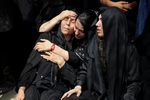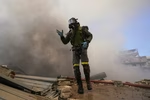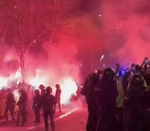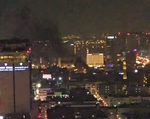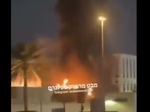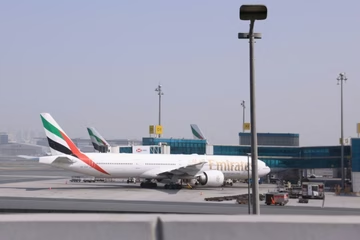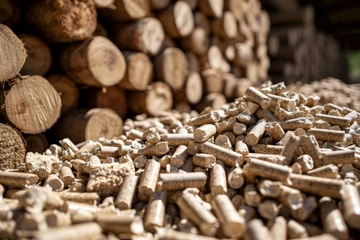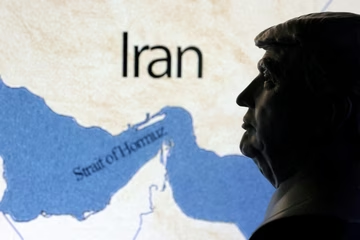RSNA adopts conclusions against 2004 Srebrenica report

The Republika Srpska (RS) entity Parliament rejected the 2004 Commission for Srebrenica’s report on the events concerning the Srebrenica genocide and asked the RS Government to annul it, said the jointly proposed conclusion made by all the Serb parties in the RS Parliament.
Oglas
One of the conclusions stipulates that the Parliament believes independent international commissions should be set-up to objectively and impartially determine the extent of the suffering of Serbs in the Srebrenica area from 1992 to 1995, as well as in Sarajevo, in the 1991-1995 period.
The RS National Assembly (RSNA) said that the deadline for the formation of both commissions should be no longer than one year.
Furthermore, the conclusions stipulate that the Srebrenica Commission’s 2004 report on events in and around Srebrenica in the period July 10-19, 1995, was made under the pressure of the High Representative of the international community which oversees the civilian implementation of the Dayton Peace Agreement, which ended the war in Bosnia (1992-1995).
Oglas
They say that the report had a number of previously set results which had to be made, concluding that the Commission was not impartial when working on the report.
The new Commission for Srebrenica will document all the events in and around Srebrenica that took place in the said period, which were undoubtedly proven and documented as true, alongside their own report conclusions, the RS Parliament concluded.
These conclusions were not supported by the coalition of pro-Bosnian parties in the RS Parliament "Homeland."
Milorad Dodik, the President of this Serb-dominated, semi-autonomous entity, requested a discussion on the Srebrenica Commission’s report, saying that every time historic decisions were made, there were various pressures from all sides, that were not benign by any account.
Oglas
In 2004, the RS Government headed by Prime Minister Dragan Mikerevic adopted the Commission for Srebrenica’s report. Mikerevic was invited to address the parliament as a direct participant in the events of 2004 and as a member of the RS Government’s Commission for investigation of the events in Srebrenica in the period July 10-19, 1995.
In April 1993 the UN had declared the besieged enclave of the eastern Bosnian town of Srebrenica a safe area under the UN protection. However, in July 1995 the Dutch battalion soldiers failed to prevent the town's capture by the Bosnian Serb forces and the massacre that followed.
More than 8,000 Bosniak men and boys were killed in the genocide committed in the days after 11 July 1995 and so far the remains of more than 6,600 have been found and buried.
Kakvo je tvoje mišljenje o ovome?
Učestvuj u diskusiji ili pročitaj komentare
Oglas
Kakvo je tvoje mišljenje o ovome?
Učestvuj u diskusiji ili pročitaj komentare
Oglas
NAJČITANIJE
Oglas
Oglas
Najnovije
Oglas
Oglas





 Srbija
Srbija
 Hrvatska
Hrvatska
 Slovenija
Slovenija








